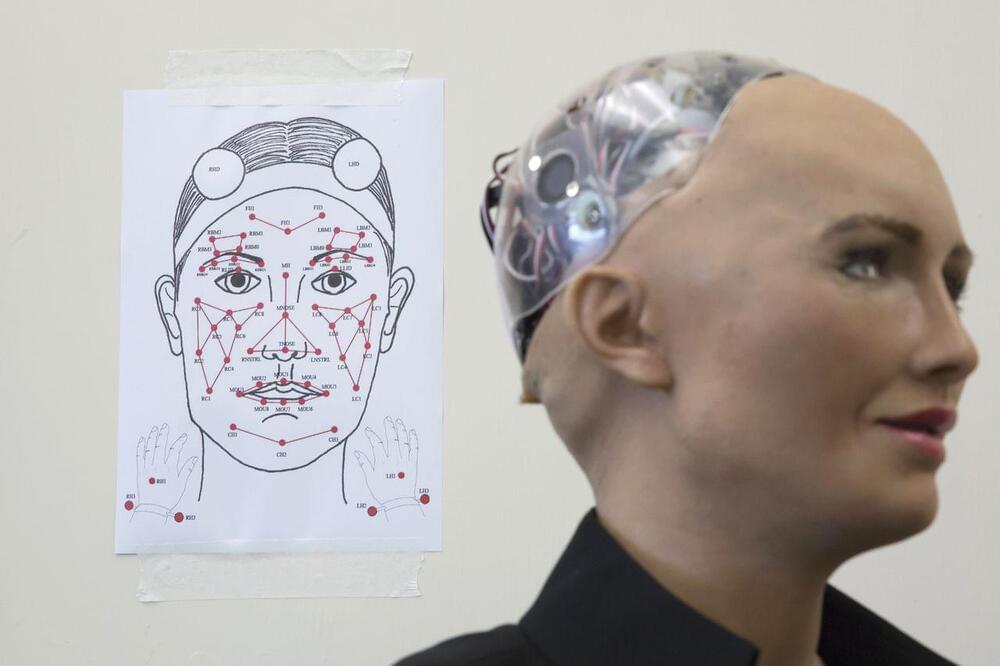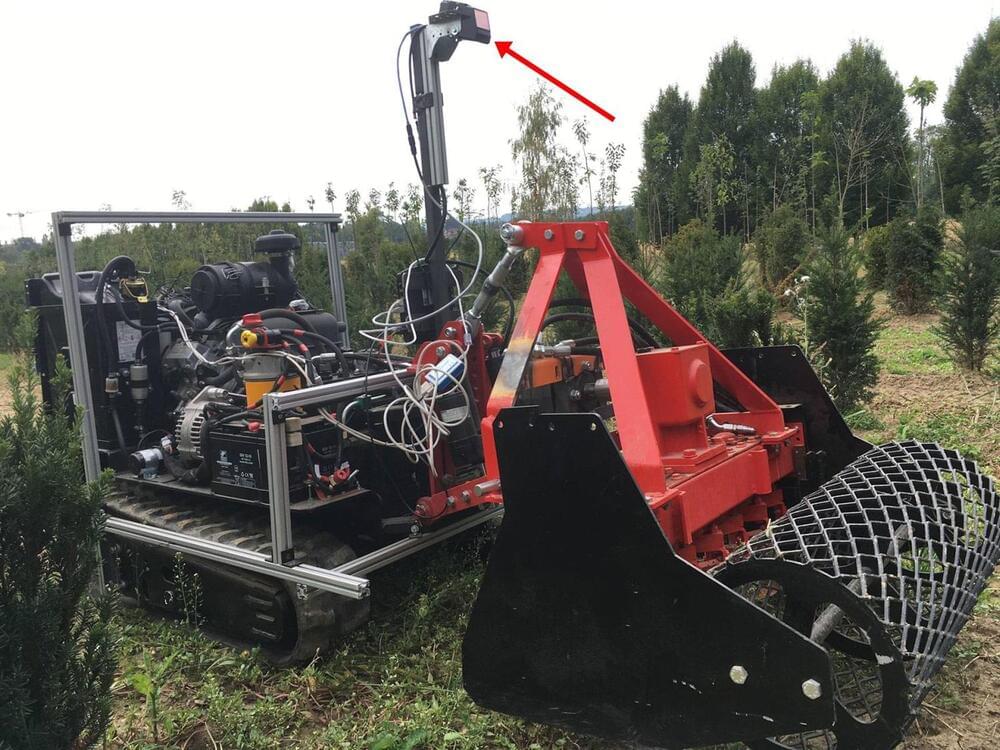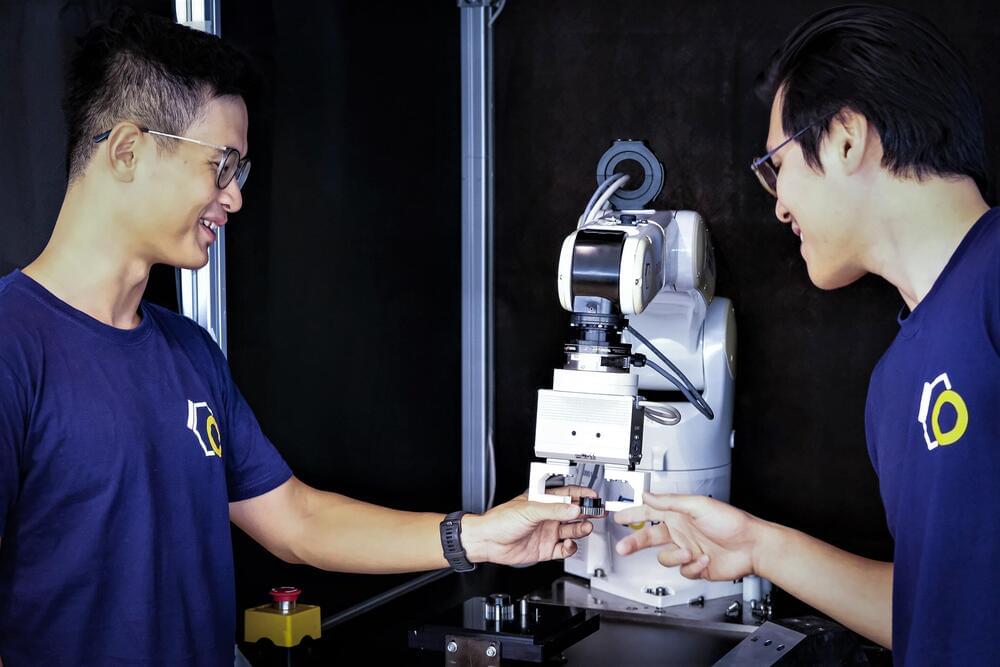Meta, the company formerly known as Facebook is pulling the plug on its facial recognition program. The company is planning to delete more than one billion people’s individual facial recognition templates, and will no longer automatically recognize people’s faces in photos or videos as a result of this change, according to its own post. The use of facial recognition technology has a disparate impact on people of color, disenfranchising a group who already face inequality, and Facebook seems to be acknowledging this inherent harm. The Breakdown You Need to Know.
CultureBanx reported that Meta seems to always be embroiled in corporate drama and with intense scrutiny. When you add that to the growing concern from users and regulators that facial recognition space remains complicated, an exit makes sense. More than 600 million daily active users on Facebook had opted into the use of the face recognition technology.
Research shows commercial artificial intelligence systems tend to have higher error rates for women and black people. Some facial recognition systems would only confuse light-skin men 0.8% of the time and would have an error rate of 34.7% for dark-skin women. Just imagine surveillance being used with these flawed algorithms. A 2018 IDC report noted it expects worldwide spending on cognitive and AI systems to reach $77.6 billion in 2022.





